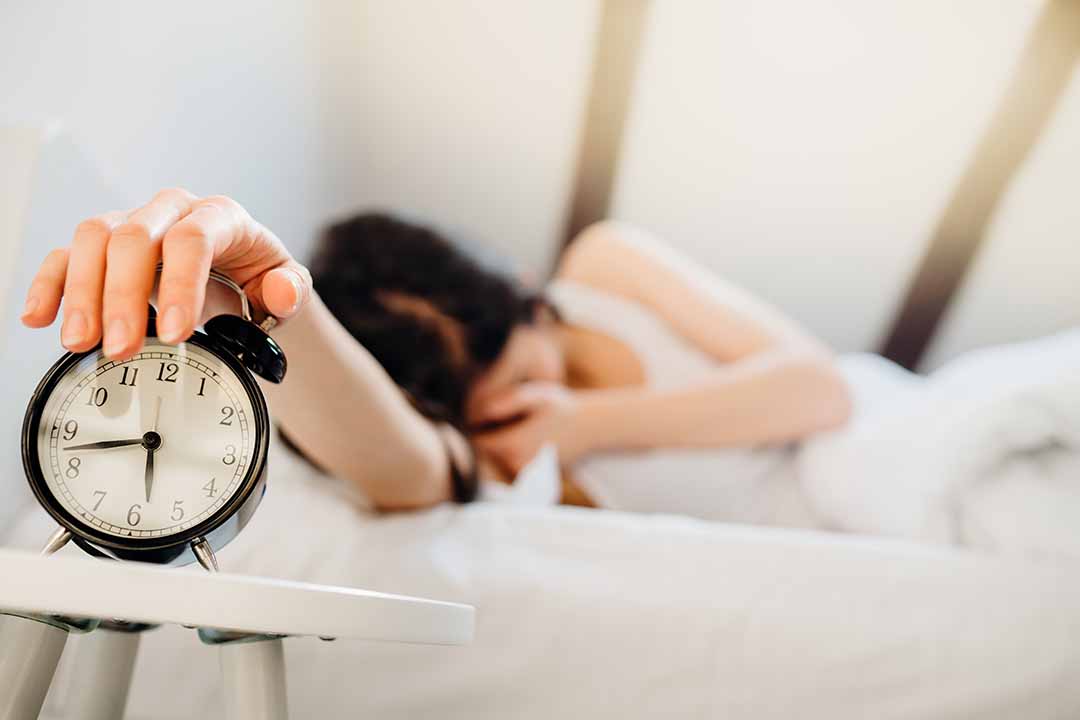Blog, Sleep Impacts Performance
Why Melatonin Doesn’t Help You Sleep
Did you know that melatonin isn’t a sleep aid? A sleep aid relaxes your body or mind or acts like a sedative. (A sedative promotes calm and makes you sleepy) Examples of sedatives are herbal valerian root supplements and Benadryl. Melatonin, however, is a hormone produced naturally by your body in response to increasing darkness. So when we supplement with melatonin, we aren’t giving our bodies something extra like a sleep aid; we are adding to our body’s natural level of the hormone melatonin.
What is a Melatonin Gummy and How Does it Work?
A melatonin gummy is a gummy candy with added melatonin, which many people use for sleep. If melatonin doesn’t necessarily help you sleep, why do so many people use it as a sleep aid? The pineal gland releases the hormone melatonin in the center of your brain when the sun starts to set and signals the body that it’s time for bed. Melatonin is part of your body’s circadian rhythm, which is your internal clock. So, by taking melatonin you’re telling your body that it’s dark out and time for sleep.
What Happens When Melatonin Doesn’t Work for Sleep?
The human body is an incredible, evolving organism. Our bodies are skilled at adapting and changing to best suit our environment. If you start adding a regular dose of the hormone melatonin to your body’s internal environment, it will naturally adapt by reducing melatonin production or developing resistance. Resistance means that your body will stop responding to your melatonin. So if your melatonin has stopped working well, it may be a good idea to taper off slowly and try actual sleep aids and other ways of helping you sleep well, like good sleep hygiene.
Remember, the general scientific consensus is that melatonin supplements are considered safe when taken at low doses for a short time. Long-term use, especially for children, hasn’t been studied enough to determine its safety. A special note for parents—there are concerns about melatonin given to children and how it might negatively affect their hormonal development, including puberty, menstrual cycles, and potentially increasing production of the hormone prolactin. To give perspective melatonin is considered a drug in many countries (UK, EU, Japan, Australia, and Canada) and is regulated as such. In short, use low doses of melatonin occasionally to help you sleep and for times when you’re traveling and dealing with jet lag. Try other sleep aids and solutions like sleep hygiene to sleep well regularly, especially for children.
More Sleep Supplement Options
These herbal sleep aids can be taken as capsules, tablets, gummies, or tinctures. Magnesium comes in tablets, capsules, and powders.
1. Valerian Root
Valerian root supplements are popular sleep aids. It is commonly used as an effective sleep supplement to help promote physical and mental relaxation and deep, restful sleep. Valerian acts on your brain’s GABA receptors, increasing the amount of GABA available, which allows it to regulate your nervous system. Other compounds in valerian root impact serotonin and adenosine receptors, which help to regulate your mood and how you sleep. Finally, valerian root may soothe anxiety and stress, which will help you sleep better.
2. Jujube Seed
Used in China for thousands of years to treat insomnia, support the immune system, healing and protect the nervous system, jujube seeds have been found to improve the sleep quality of postmenopausal women. Jujube seeds contain compounds like phenols, flavonoids, and saponins. These compounds create a “hypnotic” effect, which is very relaxing. This effect is created through the jujube seed’s impact on the GABA neural transmitters.
3. Magnesium
Magnesium is a mineral that helps your muscles and your nervous system, among many essential functions. Your muscles and your nervous system need magnesium to release and relax. You have two parts to your nervous system, the sympathetic and parasympathetic. The parasympathetic is activated when it’s time to be calm and rest. Often, people get stuck in a sympathetic nervous system response, making it hard to sleep. You can stimulate your parasympathetic nervous system and put your body into rest mode by taking magnesium. In this study, magnesium was shown to help elderly individuals reduce their insomnia and increase their restful sleep.
4. Passion Flower
Passion flower is a gentle yet effective herbal sleep supplement. Like valerian root, it has sedative qualities and is often used for stress, anxiety, and sleep problems. It was studied using passion flower tea on healthy adults with minor sleep fluctuations. Researchers found that drinking passion flower tea at night helped participants sleep more soundly after a week.
4. Seattle Gummy Slumber Shots
Seattle Gummy Company (SGC) makes the sleepiest sleep gummy on the market today. Using their patented gummy technology, SGC’s Slumber Shot has 16x the amount of valerian than other sleep gummies. They’ve combined potent herbal sedative valerian root with melatonin and jujube seed into this sleep shot. SGC’s Slumber Shot is also sugar-free, supporting a good night’s rest. Build a healthy sleep cycle with the Slumber Shot valerian gummy!

